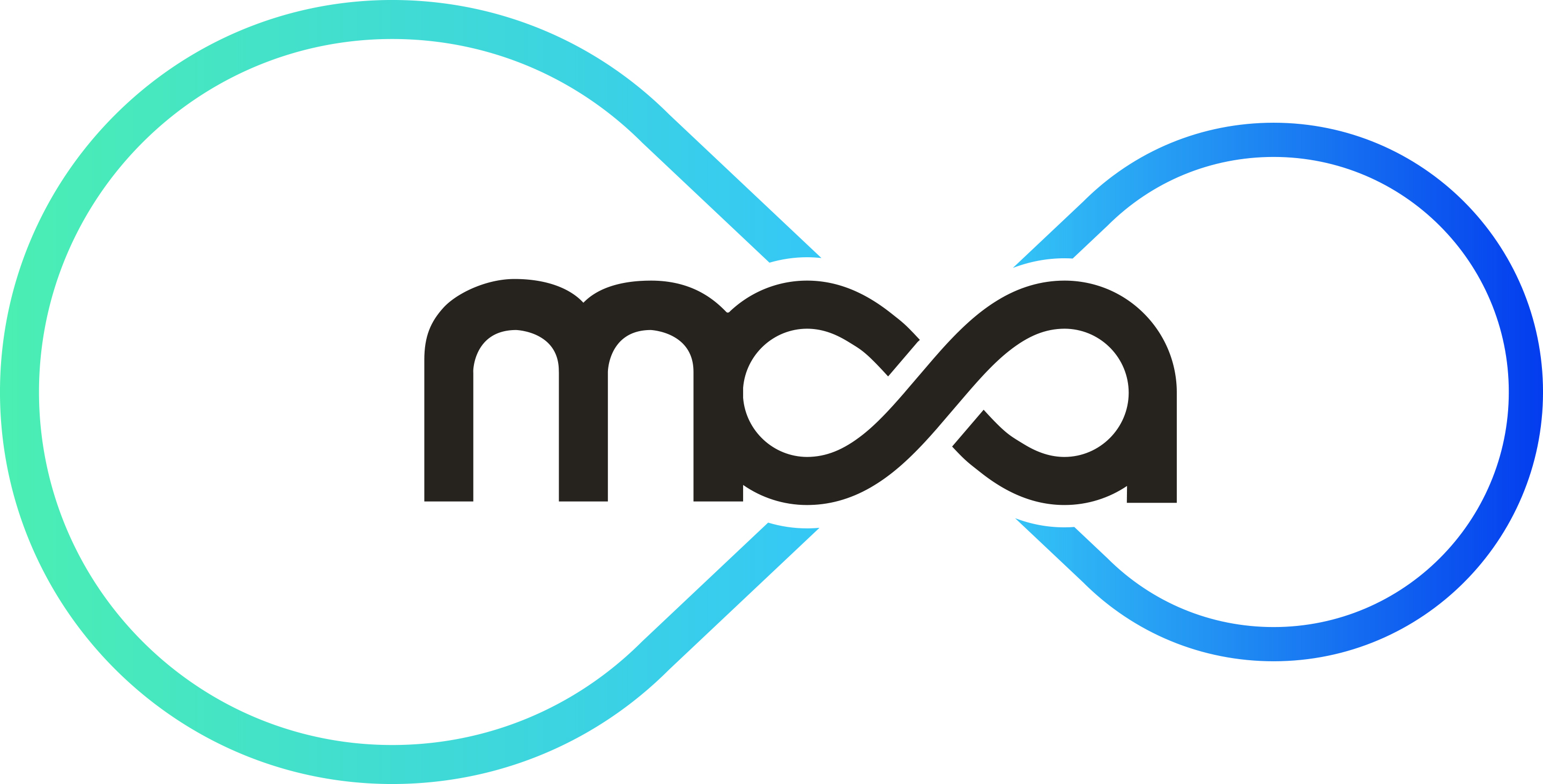Erasmus+ Mobility Project for MCA Staff
As the digital influx is bringing new and transforming waves in our daily, social and professional lives, the demand for digital skills is rapidly growing. In Europe alone, 900,000 jobs in the ICT field are projected to be vacant by 2020. Moreover, employers in the private and public are demanding diversity in creativity and cross-disciplinary competences on a higher and wider level. However, in today’s workforce, gender related diversity is totally unbalanced with the digital industry being predominantly male.
Today, only 29% of 1,000 women in the EU have an ICT related degree and only 4 of them stay in the digital industry. These numbers diminish annually as women stop working to look after their children or for other personal reasons.
In Malta, the lack of female participation in ICT is worrying, with statistics showing that only one women for every five men entering the ICT industry in Malta.
The aim of this project is to encourage staff members from the Malta Communications Authority to come up with innovative project ideas specifically targeting women in ICT in order to encourage more women to take up ICT as a career both in Malta and in Europe. Staff members will have the opportunity to meet up with organisations hailing from some of the best leading European countries.
The mobilities will take place:
- ICS Skills – Ireland, is the leading provider of training and certification programmes for employers, educators and individuals. They are Ireland’s largest provider of IT user skills training, having trained over half-a-million students since 1997.
Ireland ranks 8th in DESI 2017. The ICT sector is a priority strategic sector for Ireland and it has the ambitious goal to become “the most attractive location in the world for ICT skills availability” as stated in the ICT skills Action Plan 2014-2018.
- Norway, being a close affiliate to the EU, is among the most digital countries in Europe in DESI 2017.
ECWT - Norway has been from the start in 2010 showing its commitment and responsibility for Women in ICT by bringing together the present and next generations of female, tech talents through various projects with the goal to promote women’s careers in STEM, and measurably increase the number of them choosing STEM careers while contributing to bringing forward the Digital Single Market and the economic competitiveness of Europe.
Finally the main aim of this project is to equip staff members with the necessary skills to lead successful projects to help encourage more women graduates to take up a career in ICT industry and to stimulate an interest in ICT among those taking their first career decisions while still at school. This will create a larger, more diverse and creative workforce. Dissemination used will show women that ICT careers can be challenging, rewarding and fun, and to overcome negative images and stereotypes.





